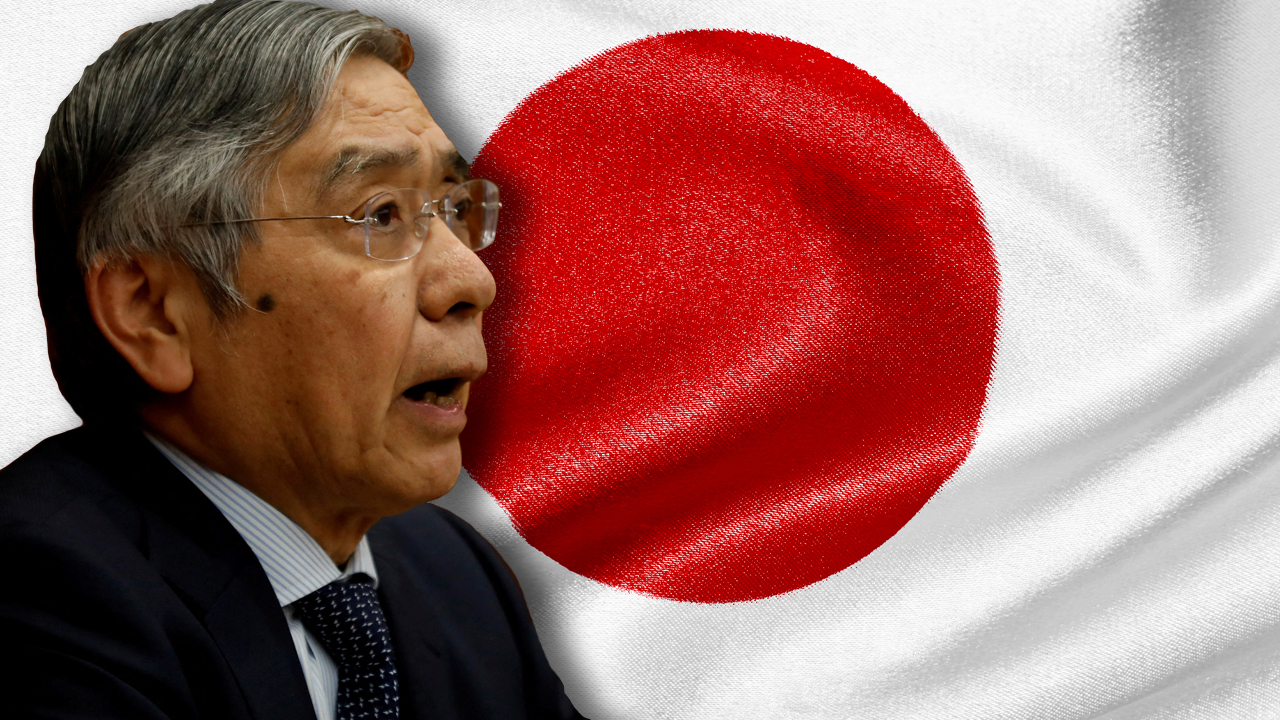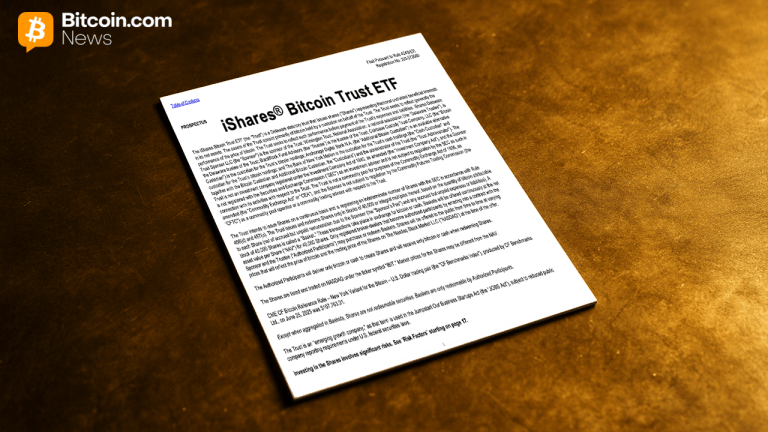Bank of Japan’s Kuroda Shocks Markets by Raising the Benchmark Rate to 0.5% From 0.25% – Economics Bitcoin News
3 min read
The Japanese yen is up 3.42% against the U.S. dollar on Tuesday as the Bank of Japan surprised the world by deciding to allow the benchmark interest rate to rise to 0.5% from 0.25%. The Japanese central bank was one of the only banks worldwide to hold off on raising benchmark interest rates, as policymakers have kept the government bond yield rate close to zero since 2016.
Japanese Central Bank Lifts Rates for the First Time in 6 Years
During the last two months, there’s been a lot of discussion surrounding the Bank of Japan’s (BOJ) governor, Haruhiko Kuroda, as the BOJ chief will be replaced soon by a successor. Kuroda, however, shocked global markets on Dec. 20, when he detailed that the BOJ would allow Japan’s 10-year bond yields to increase to 0.5% from the previous upper limit of 0.25%.
The move follows the yield curve control mechanism the Japanese central bank introduced in Sept. 2016. The BOJ explained on Tuesday that the change aims to “improve market functioning and encourage a smoother formation of the entire yield curve, while maintaining accommodative financial conditions.”
Representatives from Mizuho Bank told CNBC in an interview that the move reflected the belief that there will be a hawkish pivot from the BOJ going forward. However, these hawkish bets may not come to fruition the financial institution elaborated on Tuesday. “Popular bet does not mean that is the policy reality or the intended policy perception,” Mizuho Bank added.
Gold bug and economist Peter Schiff is betting that the BOJ will raise rates again. “The Bank of Japan blinked and pivoted in the opposite direction,” Schiff tweeted. “After artificially holding the 10-year JGB yield at .25%, the BOJ just raised the target rate to .5%. More hikes are coming. In the U.S. this means the dollar and asset prices will fall and inflation will rise.” Hedge fund manager James Lavish said the BOJ has attempted to make one last goal.
“At this point, the Bank of Japan has pulled the goalie and is hoping for a last-second tying goal,” Lavish tweeted. “Maybe get to overtime. Maybe somehow pull it out. Except they’re down 5-1. The game is over, and they just don’t know it yet.”
At 8:41 a.m. (ET), the Japanese yen was up 3.42% against the U.S. dollar during the last 24 hours and 4% higher over the last five days. 30-day statistics indicate the yen has gained 5.73% against the greenback as well. Six-month metrics show the yen is up 1.81% and year-to-date the yen is down 13.25% against the dollar.
What do you think about the BOJ decision to allow rates to rise to 0.5% from 0.25% on Tuesday? Let us know what you think about this subject in the comments section below.
Image Credits: Shutterstock, Pixabay, Wiki Commons
Disclaimer: This article is for informational purposes only. It is not a direct offer or solicitation of an offer to buy or sell, or a recommendation or endorsement of any products, services, or companies. Bitcoin.com does not provide investment, tax, legal, or accounting advice. Neither the company nor the author is responsible, directly or indirectly, for any damage or loss caused or alleged to be caused by or in connection with the use of or reliance on any content, goods or services mentioned in this article.
Read disclaimer






